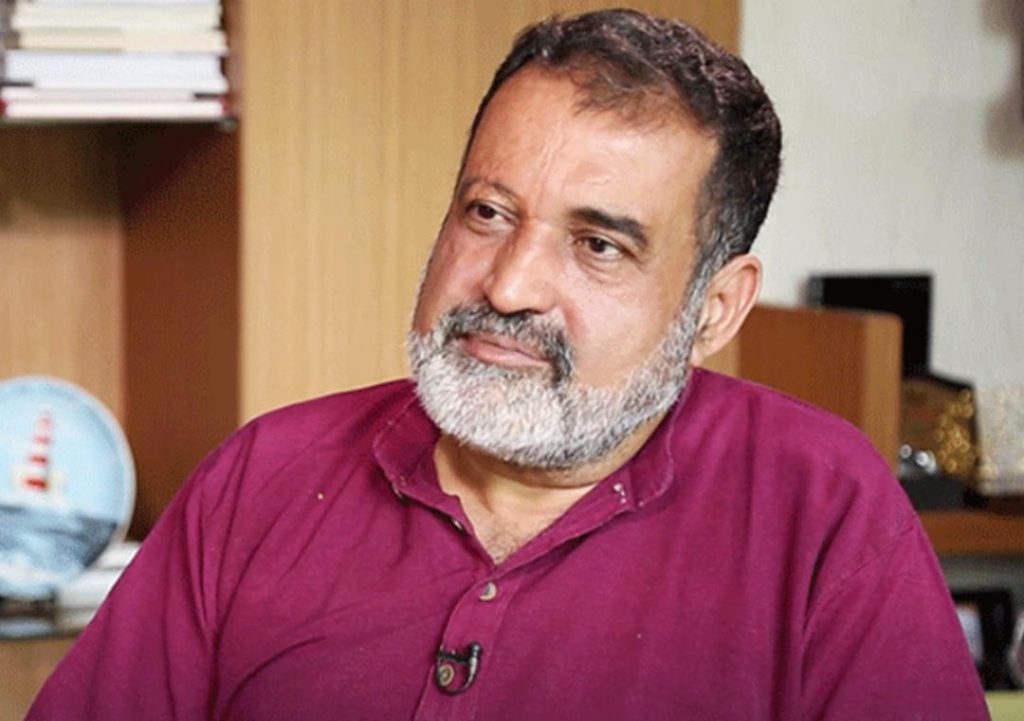
Title: Biggest issue for Indian startups is lack of adequate capital: Pai
The Indian startup ecosystem has been growing at a rapid pace in recent years, but despite this growth, the biggest challenge that startups in the country face is the lack of adequate capital. According to former Infosys CFO Mohandas Pai, the restrictive regulations of the government are a major reason for this fund crunch. In an interview with YourStory, Pai emphasized the need for policy reforms to strengthen the startup ecosystem in India.
Pai pointed out that while China invested a whopping $835 billion in startups between 2014-2024, the United States invested a staggering $2.32 trillion in the same period. In contrast, India invested a mere $160 billion, with a significant 80% of this investment coming from overseas. This stark contrast highlights the need for India to invest more in its startup ecosystem and create a more conducive environment for domestic funding.
The lack of adequate capital is a major issue for Indian startups, as it hampers their growth and expansion plans. Startups often struggle to raise funds from domestic investors, and those that do manage to secure funding often have to compromise on their valuations. This can lead to a lack of confidence among investors, making it even harder for startups to raise funds in the future.
Pai’s comments come at a time when the Indian startup ecosystem is facing a severe fund crunch. Many startups are struggling to raise funds, and those that do manage to secure funding often have to take on significant debt. This can lead to financial instability and make it difficult for startups to scale their businesses.
One of the main reasons for the lack of adequate capital in India is the restrictive regulations of the government. The government has introduced several policies and regulations that are aimed at promoting the startup ecosystem, but these policies often fail to provide the necessary support to startups.
For instance, the government’s policy of promoting entrepreneurship and innovation through the Startup India initiative has been criticized for being too vague and lacking clear definitions of what constitutes a startup. This ambiguity has led to confusion among startups and investors, making it difficult for them to take advantage of the policy’s benefits.
Another issue is the lack of a robust seed funding ecosystem in India. Seed funding is critical for startups, as it provides them with the necessary capital to develop their products and services and gain traction in the market. However, India’s seed funding ecosystem is still in its infancy, and many startups struggle to secure seed funding from domestic investors.
Pai’s call for policy reforms is echoed by many in the startup community. The need for policy reforms is particularly urgent, as the Indian startup ecosystem is facing a severe fund crunch. The government needs to take concrete steps to promote entrepreneurship and innovation, and provide the necessary support to startups.
One way to achieve this is by introducing policies that promote domestic funding. For instance, the government could introduce tax breaks and other incentives for domestic investors who invest in startups. This would encourage more domestic investors to invest in startups, which would help to reduce the reliance on overseas funding.
Another way to promote domestic funding is by creating a more conducive environment for startups to grow and scale. This could be achieved by introducing policies that reduce regulatory hurdles and provide startups with access to resources and networks. This would help to create a more robust startup ecosystem, which would attract more domestic investors and reduce the reliance on overseas funding.
In conclusion, the biggest issue facing Indian startups is the lack of adequate capital. The restrictive regulations of the government and the lack of a robust seed funding ecosystem are major reasons for this fund crunch. To address this issue, the government needs to take concrete steps to promote entrepreneurship and innovation, and provide the necessary support to startups. By introducing policies that promote domestic funding and creating a more conducive environment for startups to grow and scale, the government can help to create a more robust startup ecosystem in India.
Source: https://yourstory.com/2025/06/mohandas-pai-indian-startups-fund-crunch-fund-of-funds






